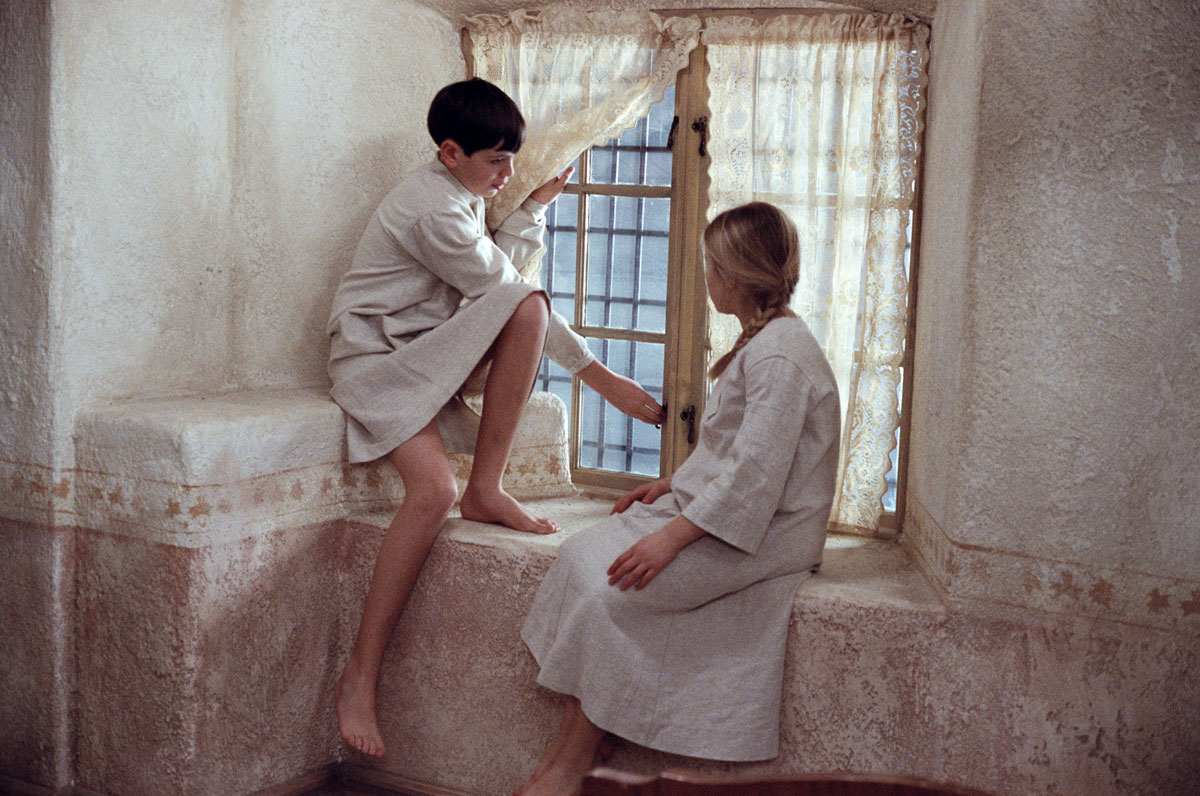It’s not remotely surprising that so many people pick Will Ferrell, the Muppets, Jimmy Stewart or Ralphie as their holiday-movie favorite over Ingmar Bergman. How many feel-good films did the relentlessly probing Swedish writer-director make? Almost none. And Christmas movies are, above all, fantasies—of family reconciliation, childhood triumph and unconditional love (and other non-material gifts).
Bergman’s autobiographical, bittersweet Fanny and Alexander cuts deeper than any other movie involving the holiday season, and its pleasures are greater. Unfolding at the turn of the last century, the film depicts a pivotal year in the life of 10-year-old Alexander and his younger sister. Bergman’s command is such that the proceedings are both piercingly realistic and infused with a boy’s surreal fears and wish-dreams.

Released in an edited form as a three-hour theatrical film in 1982, the entire piece was broadcast the following year on Swedish television as a five-plus-hour limited miniseries (to use today’s jargon). It’s the latter version that screens Thursday, Dec. 26 at BAMPFA. A family saga which veers from cheery warmth to frigid autocracy before the pendulum thankfully swings back, Fanny and Alexander is the rare epic whose emotional power matches its ambition and production design.
Heralded at the time as Bergman’s retirement from cinema—it wasn’t, as it turned out—and therefore the capstone of his career, Fanny and Alexander does foreground two of the artist’s central yet contradictory passions: The magical intersection of theater, illusion and imagination, and the mysterious, cruel role in which God is cast in many homes. Coincidentally, both faith and the theater are profoundly demanding.
Fanny and Alexander is a rich and remarkable work of art that, believe it or not, contains more than a wisp of family reconciliation, childhood triumph and unconditional love.


